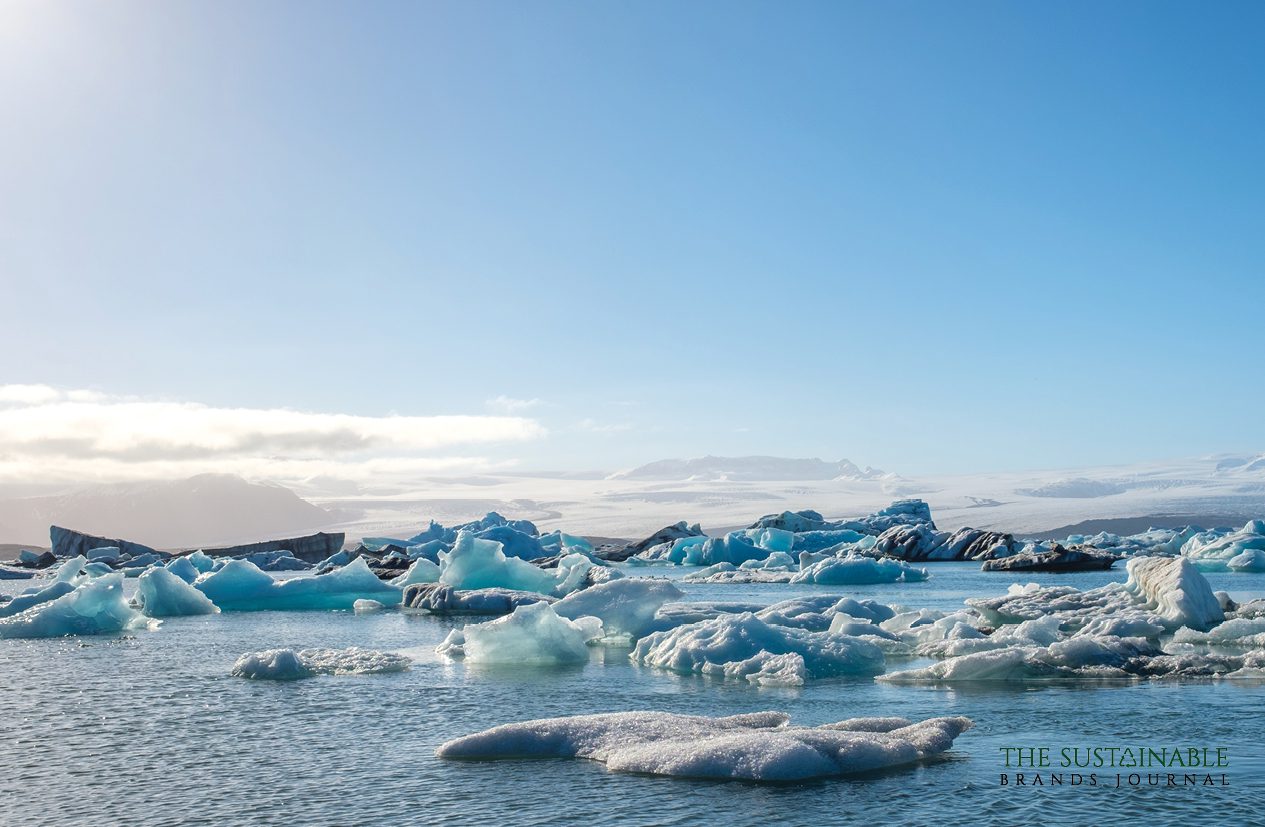
Climate compensation will be discussed at the first meeting of the COP27
It was a pleasure to hear about the opening ceremony of the U.N. The climate summit in Egypt reached an agreement on Sunday to discuss compensating poor nations for damage resulting from global warming, putting a controversial issue on the agenda for the first time since climate talks began more than 30 years ago.
Despite a slew of crises – from a land war in Europe to rampant inflation – distract the international focus from a COP27 summit that took place in Sharm el-Sheikh, the agreement set a constructive tone for the summit. It was hoped that governments would continue to maintain a goal of avoiding the worst effects of planetary warming as a result of the summit.
It has been the norm for wealthy nations to reject official discussions on how to help poor nations cope with the outcomes of global warming for which they bear no responsibility for more than a decade. The term loss and damage refers to how rich nations are giving money to help poor countries deal with the effects of global warming for which they bear little responsibility.
In Glasgow during the 26th Conference on Climate Change (COP26) held last year, high-income countries, such as the United States and the European Union, blocked a proposal for a loss and damage finance body, instead supporting a three-year dialogue for discussing funding issues.
Although pressure has been mounting on the government to address this concern, as a result of weather calamities, including the floods that hit Pakistan this year and caused an economic loss of more than $30 billion and displaced hundreds of thousands of people.
In his address at the opening plenary of COP27, president Sameh Shoukry said the inclusion of this agenda reflected a sense of solidarity for those affected by climate disasters.
He added that the decision created a “stable environment” for discussions concerning loss and damage funding, and that it is hoped that by the end of 2024 a conclusion would be reached on the funding arrangements.
Disputes over this issue could escalate already tense diplomatic relations already stretched by Russia’s war against Ukraine, a rise in energy prices and the possibility of economic recession triggered by inflation, which could worsen the situation.
As Harjeet Singh, head of global political strategy for Climate Action Network International, which is a non-profit organization, said, the negotiations on Saturday night, leading up to the agenda’s adoption, were extremely challenging.
There is good news that loss and damage are now officially on the agenda of the World Bank, according to a Bangladeshi environmental research organization, the International Centre for Climate Change and Development.
Saleemul Huq, director of the Climate Vulnerable Forum, and an adviser to the 58 countries which make up the Climate Vulnerable Forum, told the media that now the real work begins to turn finance into a reality.
It goes without saying that the climate talks begin under a cloud of skepticism that the world’s governments are taking action to address global warming to a sufficient extent.
Global emissions are on track to rise 10.6% by 2030 when compared with 2010 levels, according to a report released by the United Nations this week. In order for the Paris Agreement of 2015 to succeed in limiting global warming to 1.5 degrees Celsius above pre-industrial temperatures, it is estimated that those emissions must reduce by 43% by this time in order to achieve the goal of limiting global warming to 1.5 degrees Celsius above pre-industrial temperatures. Above that threshold, global warming is likely to spiral out of control.
Furthermore, the rich nations are not living up to their promise that they would provide $100 billion per year by 2020 to help developing countries reduce carbon emissions and adapt to climate change, for instance by building infrastructure to protect drinking water supplies from rising sea levels.
The United States, as well as many countries in the European Union, are calling for an increase in supply of fossil fuels to lower consumer energy prices, a trend that threatens to delay the transition of the world to cleaner energy sources for a longer period of time.
The Conference of the Parties (COP27) faces significant obstacles for raising capital, in the face of the increasing number of climate change-fuelled disasters that are taking place over the past couple of years. This is in part due to the government budgets of western governments being depleted due to big expenditures made to make sure their citizens are protected from the economic fallout of the war in Ukraine.
There have only been two small countries that have offered to provide funding for the loss and damage suffered. It is estimated that Denmark will contribute 100 million Danish crowns and Scotland will contribute £2 million ($2.28 million).
It is estimated that by 2030, climate-linked losses could reach $580 billion on a global level, according to some research.
On the margins of U.N. climate negotiations scheduled for this week, small island states – which have in the past played an outsized role in U.N. discussions because of their vulnerability to the effects of climate change – will push a proposal for a U.N.-hosted “response fund” to pool and distribute cash to countries struck by disasters.
Others are looking outside of the formal U.N. negotiations, where any deal requires unanimous approval from all countries and progress can be achingly slow.
The “V20” group of 58 climate-vulnerable countries and the Group of 7 rich nations will launch a “Global Shield” to strengthen insurance and disaster protection finance. Germany is expected to commit money for the scheme.
“What’s needed is a mosaic of approaches,” said Alex Scott, climate diplomacy expert at think tank E3G. Scott said this should also include fixing issues with existing U.N. climate funds, which struggle with years-long delays in dispersing finance and complex application processes that prevent some poor countries from support.
Source- Reuters

Prachi, an accomplished Chief-Editor at The Sustainable Brands Journal, has 15+ years of experience in Europe, the Middle East, and India, managing 90+ global sustainable brands. She’s a prolific writer in sustainability, contributing to various publications. Prachi’s unwavering passion and expertise make her a recognized authority, driving positive change and inspiring a sustainable future.





